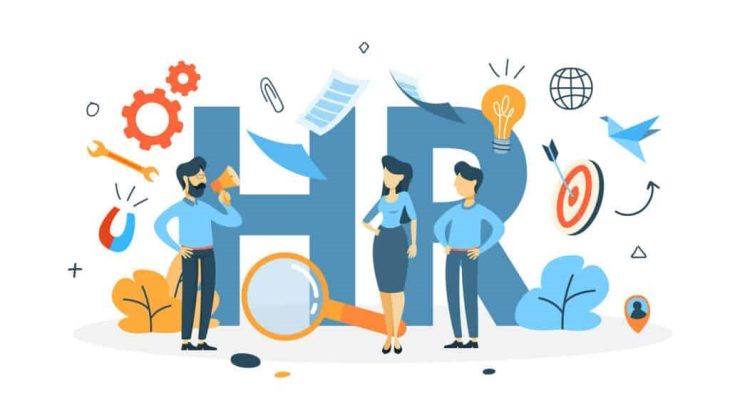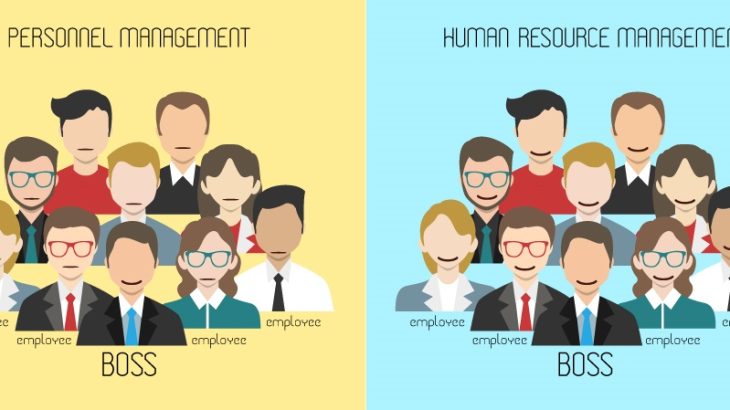
The Human Resources (HR) department plays a vital role in managing an organization’s most valuable asset – its people. Beyond administrative functions, HR is responsible for shaping policies, developing programs, and fostering a workplace culture that supports both employee well-being and organizational success. Creating a comprehensive HR portfolio – a collection of programs, initiatives, and […]



















